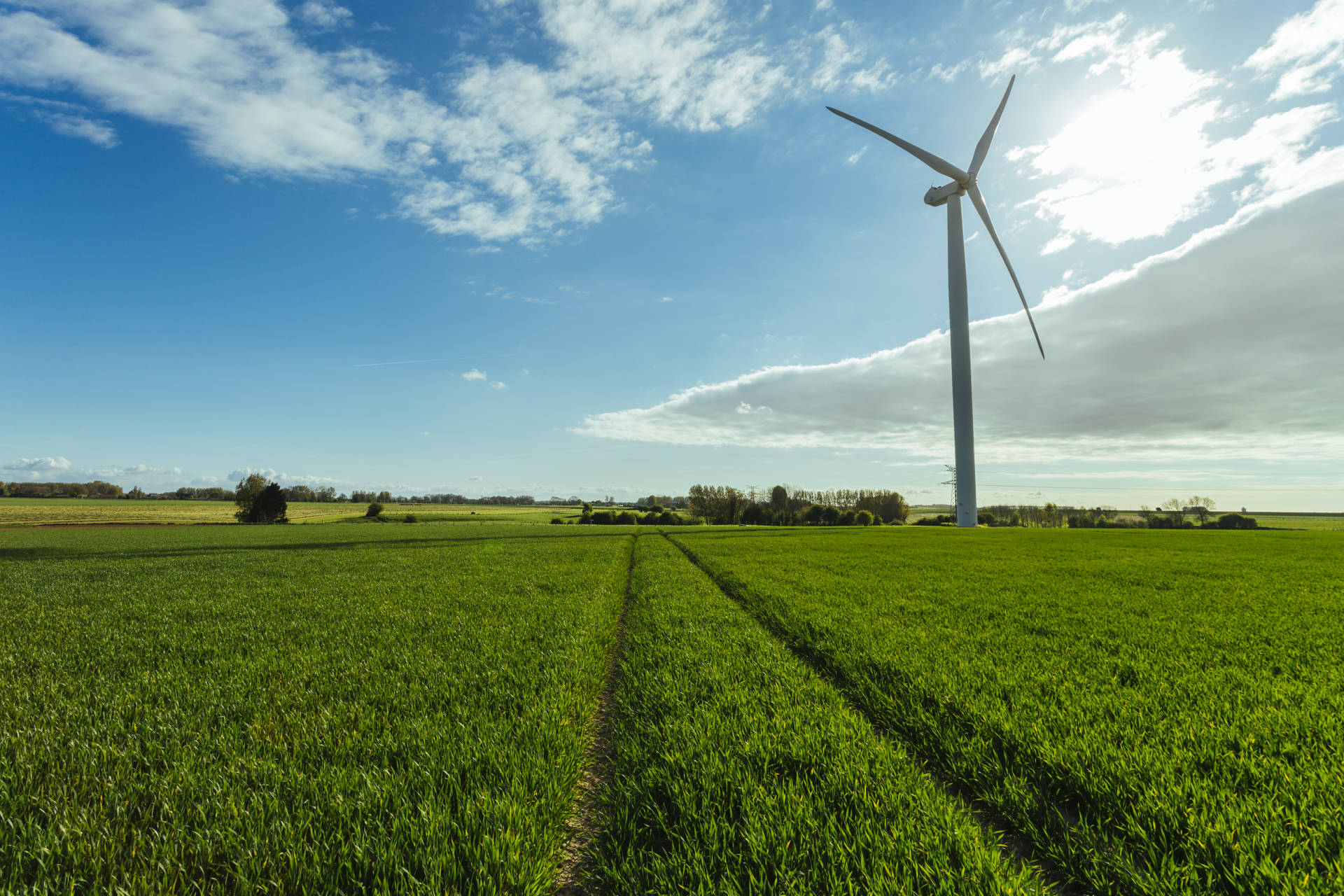UK reaches a new coal-free record amidst Coronavirus lockdown
7th May 2020
Despite the challenging times we all find ourselves in across the UK right now, there is some positive news. On 28 April, Great Britain hit a new coal-free electricity record, and we’re still counting.
At the time of writing, Drax Electric Insights shows that the coal-free energy generation run sits at 27 days and 8 hours, beating the previous record of just under 19 days set in June 2019.

Coronavirus impact on energy demand and generation
As coronavirus lockdown was implemented across the country in late March, energy demand and generation has since seen significant changes. With many businesses forced to shut down, energy demand across the UK is 18% lower than this time last year according to Carbon Brief.
The pattern of demand has changed, too. With less structured daily routines, the typical morning electricity peak has flattened, with everyday energy use looking more like a Sunday or bank holiday.
But a reduction in energy demand isn’t the only reason for this new coal-free record. A sunnier April than normal and therefore an increase in solar energy generation also plays a role. On 20 April, a new solar power record was set, with solar farms generating more than 9.6GW of electricity for the first time.
With Drax’ last Electric Insights report focusing on the extreme and rapid shift in the generation mix over the last decade, these new records are an exciting sign of what’s to come.

What that means for air pollution
Coronavirus and the resulting coal-free record has had a positive knock-on effect for air pollution. Since lockdown begun, air pollution levels have dropped due to travel bans, reduced flights and less industry activity, with Carbon Brief expecting the coronavirus pandemic to cause the largest ever fall in CO2 emissions.
Globally, the International Energy Agency (IEA) expects CO2 emissions to fall by 8% this year, while at a more local level, analysis by the University of York highlighted that pollution levels have dropped by more than 40% in a number of UK cities during this time. Data from the BBC show daily records of air quality readings since lockdown was announced on 23 March. London and Oxford are among the cities that have seen the greatest drop in pollution, with nitrogen oxide levels down more than 50% compared to last year.
Looking towards the future
The pandemic has been an ongoing challenge for everyone, but these positive figures are a timely reminder of the importance of sustainability and the UK's goal to reach net-zero carbon emissions by 2050.
With 2025 set to see the end of coal generation in the UK, and companies like Drax moving towards carbon negative ambitions ahead of this deadline, it’s important that records continue to be broken when we’re able to look beyond the lockdown.
As coal phases out for good, solutions must be found for intermittent renewable sources like solar and wind energy which can lead to instability on the grid. Alternative renewable sources such as biomass, and new and developing technologies like carbon capture storage, will form a key part of the UK’s energy future.
For business, there are still many uncertainties. Emissions reductions are likely to result in positive year-on-year carbon reporting results, but it’s important that companies continue to maintain improved performance levels and not foster complacency if targets are met early. Businesses that are more insulated from market signals, notably those with renewable energy projects, are likely to emerge from this in the best position, according to the IEA.
In 2019, at Opus Energy HQ in Northampton, we installed 700 solar panels, covering over 1,100m2 of our rooftop, alongside four EV chargers. The panels provide around 12% of the energy needed at the office, and in April generated 25,078 kWh of energy. What’s more, if your business is self-generating, you have the opportunity to sell your excess energy back to the grid through a Power Purchase Agreement (PPA). Find out more.
A business strategy for getting on the path to net zero doesn’t necessarily mean large onsite renewable energy installations, however - it can start as simply as increasing employee awareness, or cutting carbon on your commute.
Looking towards future working life, the worldwide experiment of homeworking that this pandemic has thrown upon us could support a lower carbon future. There’s a good chance that working life as we know it has changed forever. With reduced operating costs and carbon reduction for businesses as a result of changed working practices, continuing this beyond lockdown could be a favourable option for many– something that only time will tell.
While normality seems a long while away, or perhaps has entirely changed as we know it, there’s one core message that hasn’t: net zero carbon emissions remains a key part of all business strategies.
Related articles

Biomass: The renewable energy source supporting the zero-carbon transition
You’ve heard of wind power; you’ve heard of solar power - you may have even heard of geothermal and hydropower. But what do you...

Opus Energy: our commitment to sustainability and our work in our communities
At Opus Energy, we’re passionate about sustainability. As part of Drax, we’re committed to ensuring a zero-carbon, lower-cost energy future. It’s why, last year,...